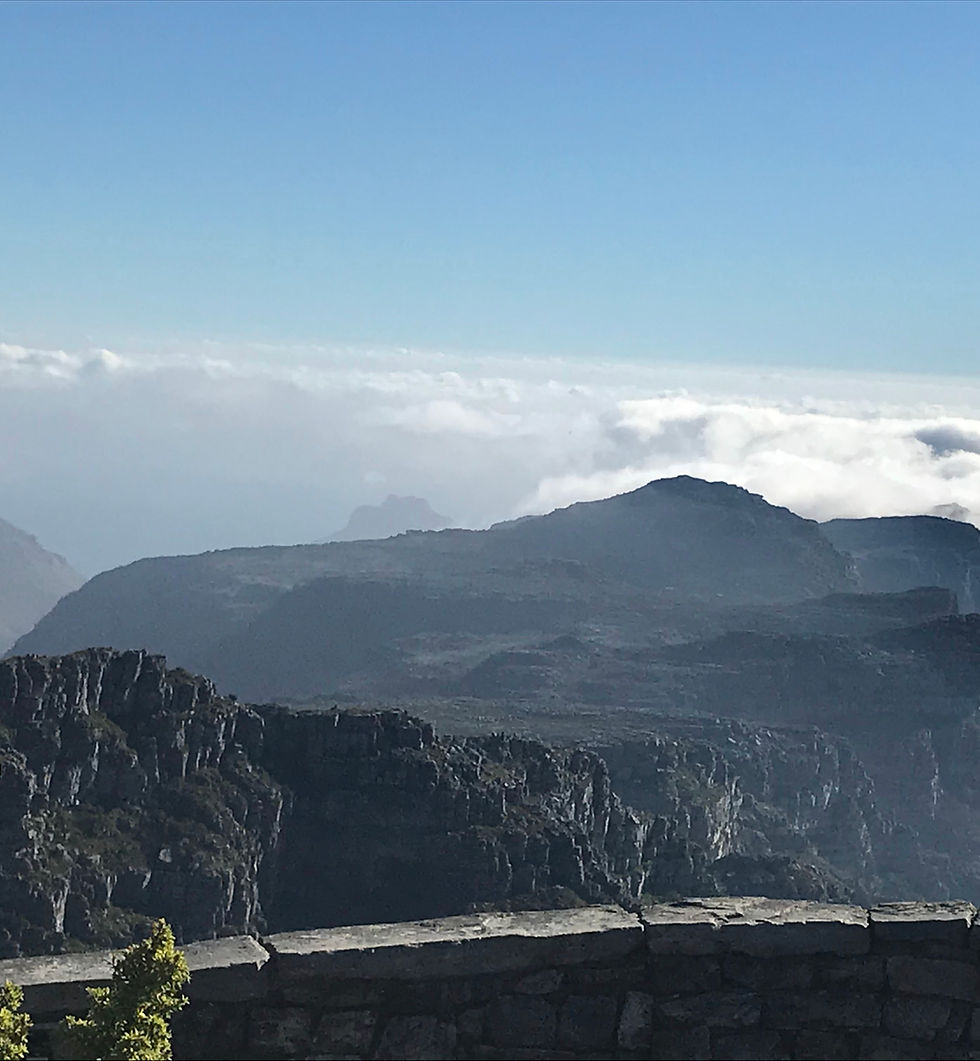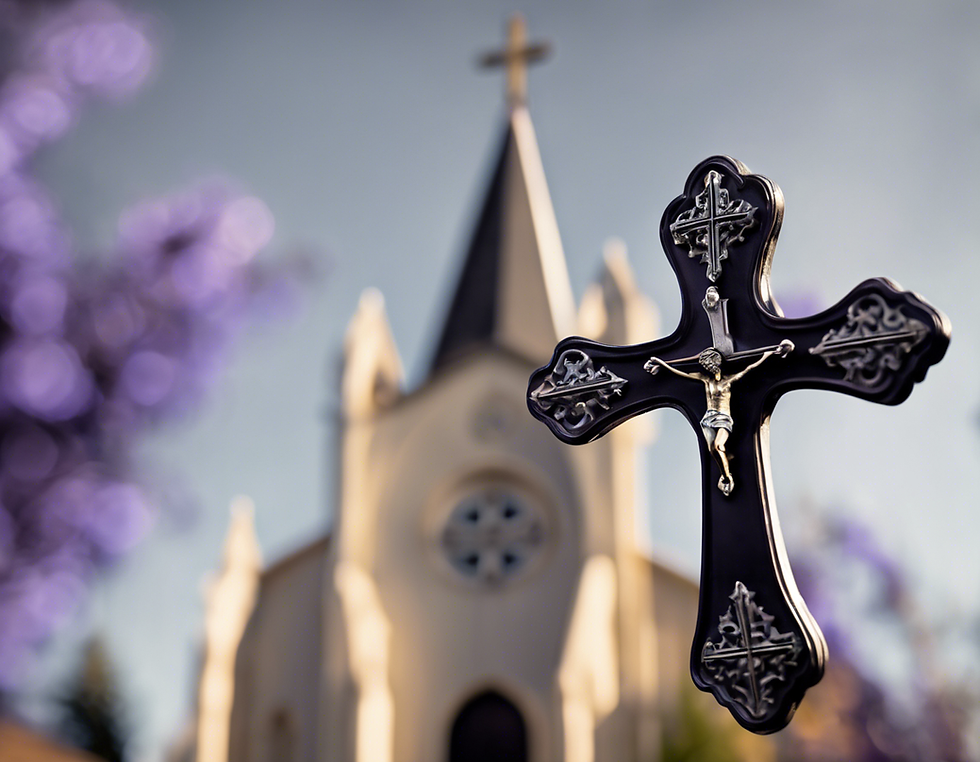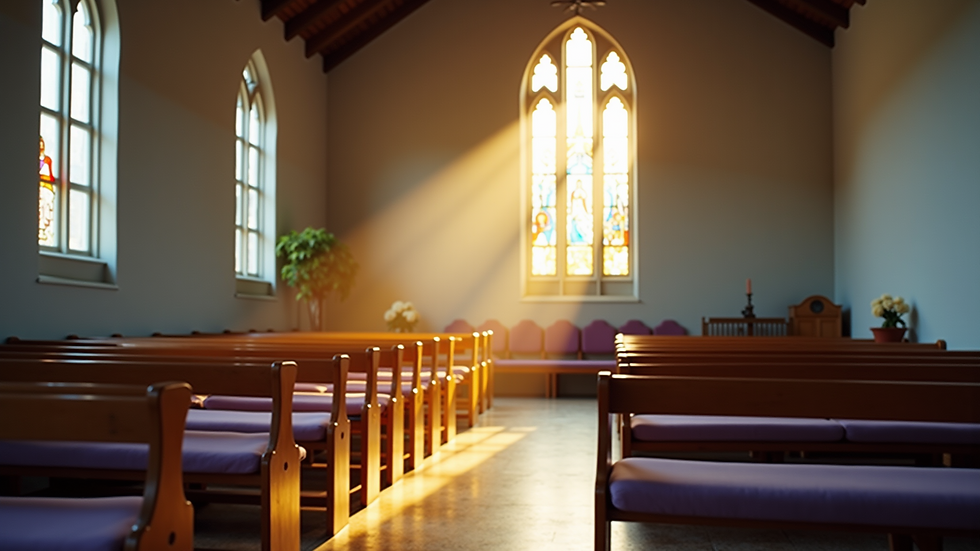In the beginning…the appearance of sabbath in the Bible and what it teaches us
- B. Shawan Gillians
- Jun 15, 2025
- 3 min read

Many of us have heard of the term sabbath. Fewer of us practice it. I’m just old enough to remember when ‘tv went off at night’. Literally, at some point in the late evening the American flag would come on the screen with the Star-Spangled Banner playing in the background and there wouldn’t be any more programming until the next morning. What does sabbath even mean in a world where everything from the news to the grocery store is open 24/7?
I’m going to spend the next few weeks walking through what sabbath could and should mean to us and I’m going to start at the beginning (it’s a very good place to start).
Sabbath is the root of terms like sabbatical we use in a non-religious context. That’s right. For all my friends who are tenured in academia or partners in law firms, the genesis of that break you’re looking forward to may be – well – Genesis! It doesn’t take long for the concept of sabbath to show up in the Bible. In fact, it’s a part of the creation story!
Genesis 2: 2-3 reads
And on the seventh day God finished the work he had done, and he rested on the seventh day from all the work he had done. So God blessed the seventh day and hallowed it, because on it God rested from all the work he had done in creation. [New Revised Standard Version]
The first thing you might notice is the seven-day rhythm set up. A ratio of six days of labor to one day of rest. That thought may be quickly followed by, “wait; God rested? Why would God need to rest??” Yes, you read that correctly, God rested. But in this seminarian’s humble opinion, the point isn’t that God needed to rest. Resting isn’t about laziness or weakness; I’m not sure it’s even about being tired. Sometimes, rest is about restraint. God is showing us by example that just because we can work that doesn’t mean we should work. We have divine permission to rest.
What I next notice is that God blesses the sabbath. The only other things blessed in the course of creation are living beings (various animals and humans). But God doesn’t only bless the sabbath, God consecrates it (sets it aside as holy) as well, just because it was a day of rest. Other consecrated things in the Bible include people like priests and spaces like the temple. Think about what that says about how seriously God takes rest. It’s not an afterthought or happenstance, but an intentional part of God’s creation plan.
The thing that sticks out most for me about the first day of rest is that it required God to step back and way. Creation is in its infancy; a time when most of us may have felt the need to keep our hands on the wheel and to hover nearby. We fail to rest because we believe we are the only ones who can complete a task. Meanwhile, God, who is truly the only one who can act as creator, had no problem taking a day of rest.
A few things for you to ponder. What are the ways in which you should exercise restraint in the labors of your life and how would that help you take advantage of the divine permission you've received to rest? How could you build processes that allow others to take on some of the work that you currently think can be accomplished by only you? How can you become intentional? Don’t think about it as being intentional about sabbath. Start small by thinking of some things you can intentionally do that may at a future point make sabbath something you believe is possible.
In next week’s post I’ll move from God modeling the practice of sabbath to us, to God commanding the practice of sabbath by us. Why is sabbath so important it makes God’s top ten (the ten commandments)? Drop in next week when I try to answer that question.




Comments